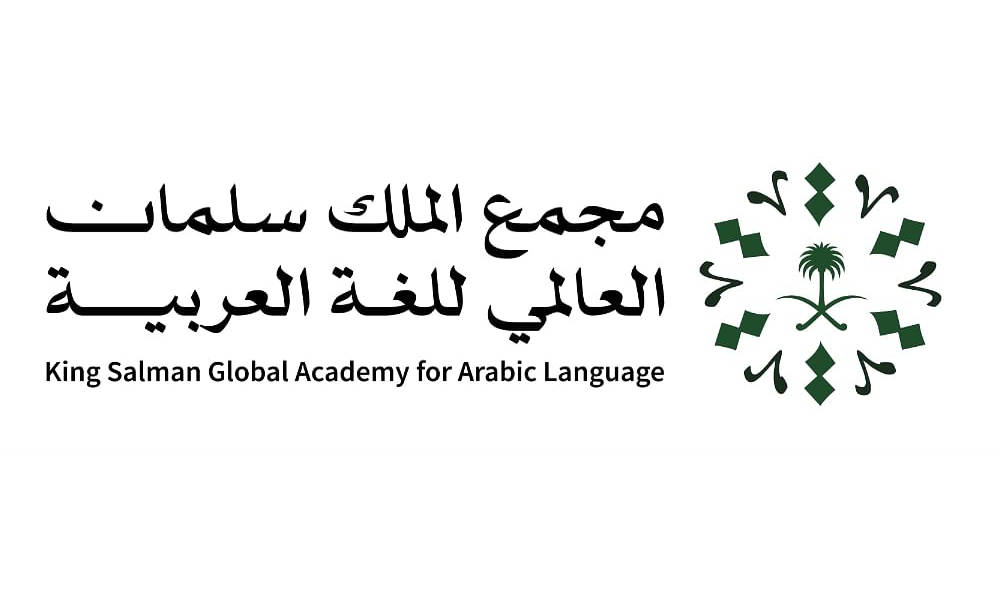JEDDAH: Saudi Arabia’s Education and Training Evaluation Commission has launched, in partnership with the Ministry of Culture, a first-of-its-kind Arabic-language competency test for non-native Arabic speakers.
Presented by The King Salman Global Academy for the Arabic Language, the test aims to help strengthen the role of the Arabic language regionally and globally by encouraging and supporting its use, to help achieve the goals of Kingdom’s Vision 2030 development and diversification agenda.
In a message posted on his official Twitter account, Prince Badr bin Abdullah bin Farhan, the minister of culture, wrote: “The #ArabicCompetencyTest comes as an extension of the Kingdom’s vital role in serving the Arabic language and enhancing its position. #SaudiVision2030”
The test is designed for non-native students of Arabic language in Saudi, regional and international universities, and organizations that recruit non-native Arabic speakers, to help raise abilities and levels of qualification in the language.
Prince Badr, who is also the governor of the Royal Commission for AlUla, said that those who take the test will receive a certificate as proof of their linguistic capabilities and Arabic-language skills, similar to those provide by the Test of English as a Foreign Language and the International English Language Testing System.
Osama Ghanem Al-Obaidy, an adviser and professor of law at the Institute of Public Administration in Riyadh, told Arab News that the test will play a major role in the development of language skills among non-native Arabic speakers who want to enroll in Arab universities or work in an Arab country.
“This competency test will help to measure the ability of non-native Arabic speakers to study and specialize in the Arabic language or related fields, or even to study other majors in the Arabic language such as religion, history and law, to make sure that those students and scholars are linguistically qualified enough to study or even teach any field in the Arabic language,” he said.
In line with the standards of the Common European Framework of Reference for Languages, the launch of the test on June 12 is designed to establish a standardized test to measure the level of all Arabic language skills, in reading, writing, listening and conversation, in keeping with the best international practices.
“The academy’s efforts and this test will strengthen the role of the Arabic language locally, regionally, and globally, and will add more value to the linguistic importance of Arabic and Islamic culture,” Al-Obaidy said.
The test is considered the first of its kind because previously there was no reliable standardized competency assessment for non-native Arabic speakers at this level of proficiency. The test has been compiled by a group of leading academics, experts in applied linguistics, and measurement and evaluation professionals.














